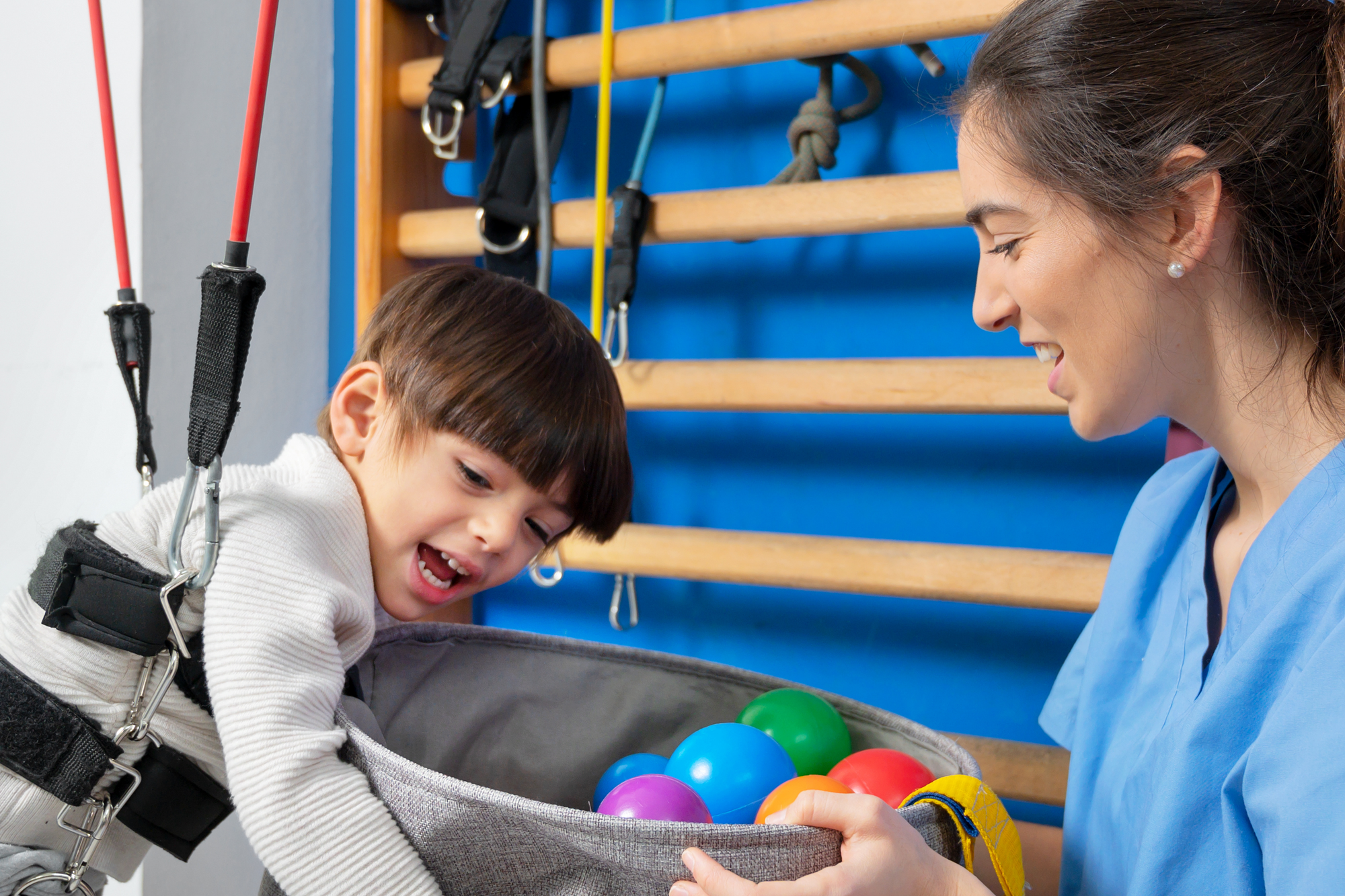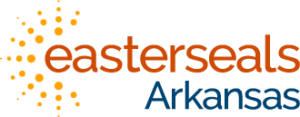
In the early years of life, children are still learning how to interact with others and absorb information from their surroundings. This is why choosing the right preschool is key to appropriate development.
Preschool helps children develop important social and emotional skills, such as sharing, cooperating, and communicating with others. Preschool can also help children develop important cognitive skills, such as problem-solving and following directions.
For a child with disabilities, this early development is even more vital. Ensuring that they are able to develop the tools they need to navigate childhood sets them up for success later in life.
Luckily, there are many resources and special education services for preschoolers with disabilities. Read on to learn more about how a preschool for children with learning disabilities could benefit your child’s development.
Developmental Benefits of Early Childhood Education Programs
Children absorb more in the first six years of their life than in any other time period that follows, according to multiple studies. This is an important developmental adaptation because to survive, children must learn to walk, talk, process information, and interact with the world around them as quickly and thoroughly as possible.
This is also the time in which many children with Specific Learning Disabilities are identified as being developmentally disabled. In fact, 8% of all young children are identified as having a Specific Learning Disability by the age of six.
In response to this information, Congress passed the Part C Infant/Toddler Program and the Preschool Special Education Program as part of the Individuals with Disabilities Education Act (IDEA). These programs are designed to develop and address the Individual Education Plans (IEPs) of preschool children with developmental or learning disabilities.
When you are looking at preschool programs (regardless of your child’s ability), you should be looking for intentional dedication to these developmental areas:
Physical Development
In preschool, children are learning to walk and talk and are developing basic motor functions. These skills develop quickly in the early years, and by the time children are in preschool they are usually quite agile and have good foundational movement (large motor skills).
There should be many physical activities that are part of the preschool curriculum. Activities like drawing, painting, and assembling toys and puzzles (fine motor skills), as well as running, dancing, and jumping (large motor skills), encourage the development of coordination and a sense of physical space.
Social And Emotional Development
Another significant part of preschool is learning how to interact with others and develop friendships. Play is an important part of this because it encourages children to learn how to collaborate and share.
Preschool programs should also include activities that help children learn how to regulate their emotions and set and achieve goals.
For example, pretend play allows children to act out different scenarios, such as a doctor’s office or a grocery store. What are they trying to accomplish? What are the steps to accomplish their goals?
This sort of play encourages both conceptual thinking and empathy as they interact with others and work together to accomplish the goal. Through play, children learn how to wait their turn, share, and care for others as the “doctor” sees their “patients,” or the “clerk” checks out the “grocery store customers.”
In addition to social skills, preschool helps children develop important self-esteem skills. Research has shown that children with low self-esteem are more likely to act out and experience anxiety. Learning how to positively self-assess and build self-esteem helps children deal with frustration and setbacks while helping them to persevere in situations where they don’t feel good.
If your child has a developmental disability and they are an only child, this kind of early exposure to social caring and cues is especially invaluable. It teaches them what to expect in social situations and how to self-regulate in a safe and controlled environment.
Language Skills
Children use words to communicate and learn. In preschool, they also learn the meanings of more complex words, as well as how to use and interpret these words by talking, listening, reading, and writing. These skills are all connected and should be practiced in tandem with one another.
Preschools are often run on a curriculum that encourages cross-vocational learning based on a theme. For instance, if you’re learning about the seasons you might listen to a song about the seasons, draw a picture of your favorite season, learn to spell the seasons, and have a show-and-tell where you talk about your favorite season. This is an engagement of all the major types of learning to cement an understanding of the concept of “the seasons.”
Problem-Solving and Following Directions
Special education services for preschoolers with disabilities should encourage children to think creatively and use both sides of their brains. In this age group, children learn how to identify and name objects, as well as how to link words and concepts to solve problems.
Preschool helps children strengthen their cognitive skills. For example, in the “What Do You Do with a Straw?” activity, children are encouraged to think about different objects and use words to determine what activities can be performed with them (drinking, blowing bubbles, stacking them like sticks, etc.).
This type of activity helps prepare children for later in life when they encounter problems that require critical thinking and the use of logic. Good programs foster connections between the creative and logical sides of the brain because critical thinking skills require both.
Arts and Creative Skills
From an early age, children love to experiment with art, architecture, and design. Throughout preschool, they are developing their artistic and creative skills and experimenting with new materials and techniques. It may look like a playdough lump with straws in it to you—but for your child, it’s “Art” with a capital A.
Involving kids in activities that allow them to create gives them a way to express themselves and show others how they see the world. It’s an excellent way to develop empathy and an understanding of the people around them who create and operate in completely different ways. It also prepares them for future school classes, where they may learn how to draw, paint, and create.
Make the First Five Count
Here at Easterseals Arkansas, we know that the first five years of a child’s life are full of memorable milestones in addition to laying the foundation for long-term well-being and overall success. That’s why we have created the Make the First Five Count Program.
In this program, we help parents understand the five key growth areas during the critical period of development before their child starts kindergarten. The five key growth areas are:
- Relationships
- Exploring and Learning
- Communication
- Playing
- Moving
We know during this time, a child’s brain develops connections that serve as the basis for language, reasoning, problem-solving, social skills, and emotional well-being. That’s why we are making it our mission to partner with all parents to help them in understanding their child’s wellness, supporting their growth and happiness through life’s earliest developmental milestones.
Click here for more information about our Make the First Five Count Program or to Take a Screening.
Contact Easterseals Arkansas
If you need special education services for preschoolers with disabilities, contact Easterseals Arkansas today. We have two inclusive developmental preschools designed to serve children with and without developmental disabilities.
